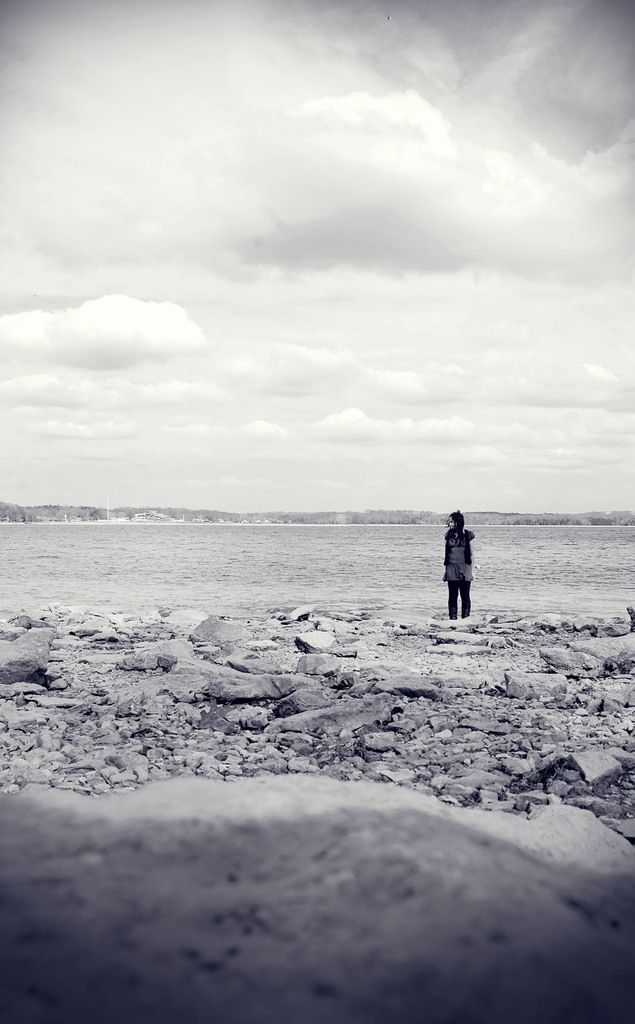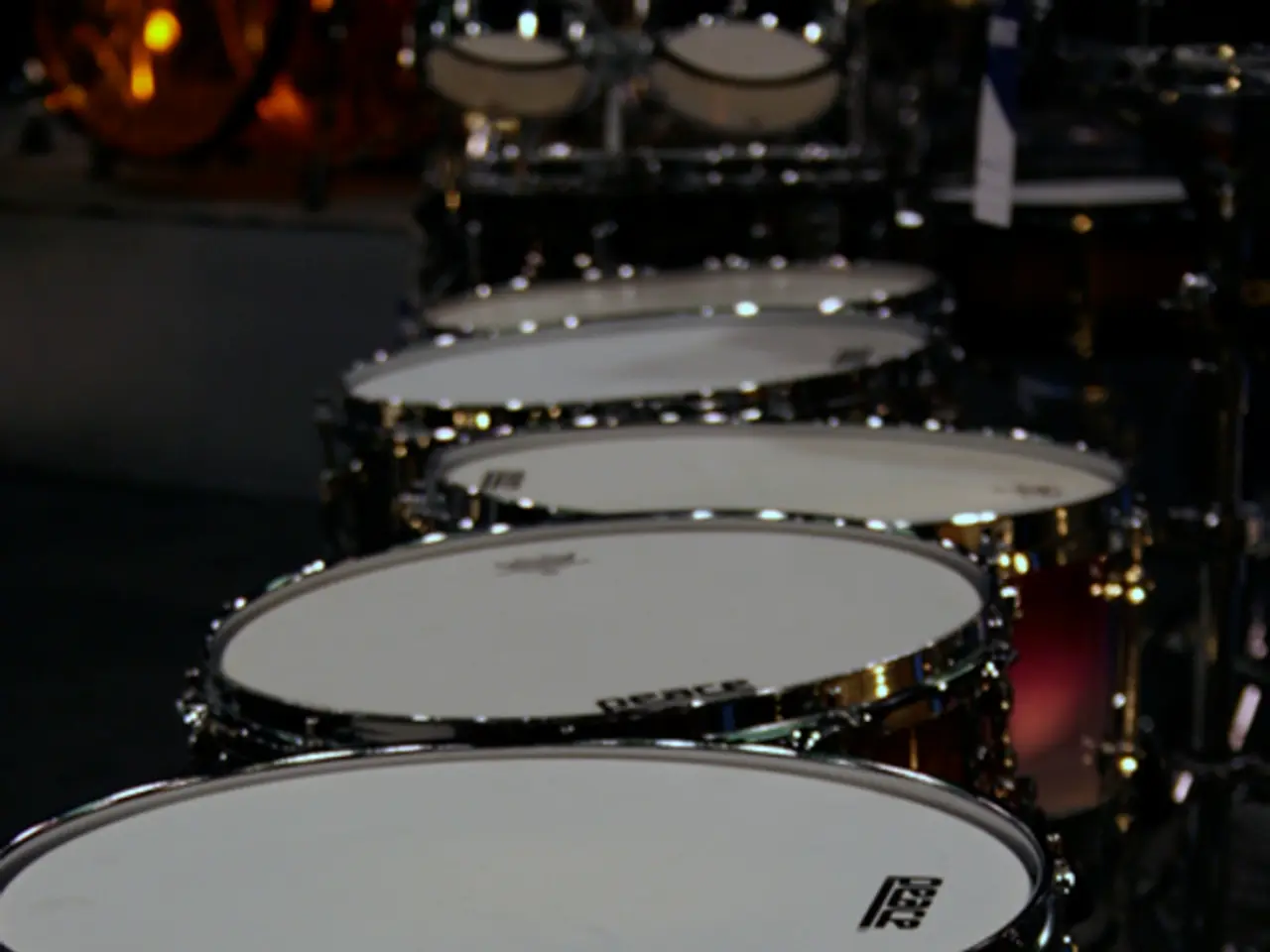Surviving the Summer Heat: A Guide for the Elderly
Daily Rituals for Seniors: Homemade Salt Cakes and Water Misting Technique
Summer's scorching days can take a toll, especially on the elderly and those in need of care. Here's a breakdown of strategies to help you beat the heat, courtesy of the German Environment Agency and medical expert Prof. Bernd Böttiger of the German Red Cross (DRK).
1. Hydration Station: Your New Best Friend
Is your thirst signal on the fritz? Use reminders or apps to make sure you're drinking enough. Aim for regular sips every 15 minutes or a whole glass every two hours, as suggested by Böttiger.
Stay tuned for when it's time to gulp down two to three liters of the good stuff—just remember, those with heart or kidney conditions may need a different game plan, so consult your doc first.
Need a change from H2O? Diluted juice, unsweetened fruit or herbal teas can help quench your thirst. Just remember to keep it cool, not ice-cold to avoid any tummy troubles.
And for a cheeky check, examine the color of your pee. If it's a light yellow hue, your hydration game is strong, according to the German Society for Vascular Surgery and Vascular Medicine (DGG). If it's dark or scant, chug more fluids like you're trying to outdo a camel in the Sahara.
2. Light Bites: Choose Your Munchies Wisely
Take it easy on the tummy by keeping your meals light during summer days. Don't forget to snack on water-rich fruits and veggies like melons, cucumbers, strawberries, and peaches for an extra hydration boost.
Salted snacks are also a-okay. Not only do they stimulate thirst, but they also help maintain your salt balance, which is crucial since you lose electrolytes through sweating.
3. Cool Off: Simple Steps for Sweet Relief
Time to dip your toes in some coolness. Böttiger suggests the following small steps to cool off:
- Wrap wet towels around your arms or legs.
- Take foot or hand baths with chilly water.
- Use a spray bottle to spritz some water on your skin.
- Channel breezy vibes with a fan that provides a cool airflow.
And, of course, keep your living space as cool as a polar bear's lair for even more relief. During those early a.m. hours when indoor temperatures drop below outdoor ones, open the windows to let in some refreshing breezes.
4. Dress Code: Choose Your Clothes Wisely
When the mercury rises, your wardrobe can be your saving grace. Opt for light-colored clothing that reflects sunlight and heat, loose-fitting attire that lets air circulate, and lightweight materials for the ultimate heat-busting ensemble.
Attention caregivers: Don't forget to rethink incontinence pants coated with a film on hot days—better choices include net pants with an insert to keep your loved ones comfy and cool.
For bedridden individuals, make sure the bedding is breathable to keep things cozy and heat-free, using materials like cotton or linen.
5. Know the Signs: Spotting Trouble Before it Finds You
Heat can strike suddenly, leaving you feeling dizzy, weak, hyperactive, or confused. If you or someone else starts showing signs of overheating and dehydration, move to a cool place, and offer water. If someone loses consciousness or there's any uncertainty, dial 112 for emergency help.
Embrace the sunshine, stay smart, and remember: staying cool is the key to enjoying your summer days. Whether you're soaking up some sun or hiding in the shade, take care of yourself and others, especially those living alone.
Science and health-and-wellness are essential in surviving the summer heat, especially for the elderly. In the guide, Prof. Bernd Böttiger of the German Red Cross recommends focusing on hydration, choosing wisely for meals, cooling off effectively, selecting appropriate clothing, and being aware of the signs of heatstroke.




